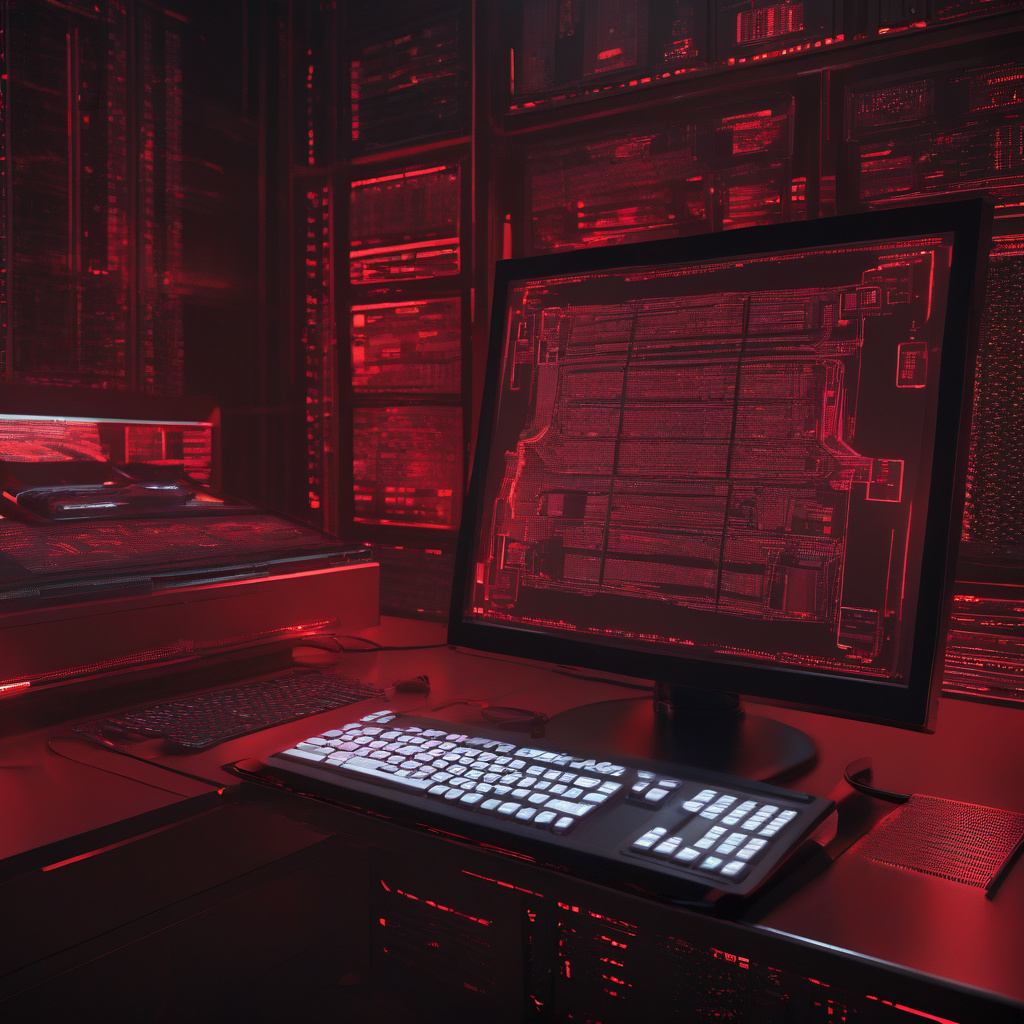In the world of cybersecurity, new threats are constantly emerging, challenging the defenses of even the most vigilant organizations. The latest cause for concern comes in the form of a sneaky and malicious MCP server. This server, typically seen as a helpful tool for automating processes, has been weaponized by threat actors to exfiltrate sensitive information via Blind Carbon Copy (BCC) in emails.
One of the most alarming aspects of this development is that the malicious MCP server operates under the guise of an AI integration tool. This means that it can carry out its harmful activities while appearing to be a legitimate part of the organization’s technology stack. By automatically sending emails that are commonly associated with routine operations such as password resets, account confirmations, security alerts, invoices, and receipts, the malicious server can fly under the radar, making it harder to detect its illicit activities.
The use of BCC in these emails is particularly insidious. While recipients of the emails see only the intended content, threat actors lurking in the shadows receive a hidden copy of the email via BCC. This allows them to quietly collect sensitive information without alerting the sender or the primary recipients. The covert nature of this exfiltration method makes it challenging for organizations to spot the breach until it’s too late.
Imagine a scenario where a legitimate email is sent from an organization’s MCP server to a customer for a routine password reset. Unbeknownst to the sender, a malicious actor is silently copied on the email via BCC. This actor now has access to the reset link, potentially compromising the user’s account and opening the door to further security breaches. The unsuspecting nature of this attack makes it a potent threat that organizations must guard against.
To defend against this sneaky tactic, organizations need to adopt a multi-faceted approach to cybersecurity. This includes implementing robust email security measures that can detect anomalies in email traffic, such as unexpected BCC recipients. Regular security audits and penetration testing can also help uncover vulnerabilities in MCP servers and other automated tools before they are exploited by malicious actors.
Moreover, educating employees about the risks of social engineering and phishing attacks can help prevent inadvertent disclosures of sensitive information. By fostering a culture of cybersecurity awareness within the organization, employees can become the first line of defense against threats like the malicious MCP server.
As technology continues to advance, so too do the tactics of cybercriminals. The emergence of a malicious MCP server highlights the importance of staying vigilant and proactive in the face of evolving threats. By staying informed, implementing robust security measures, and fostering a cybersecurity-conscious culture, organizations can fortify their defenses and protect against insidious attacks like the one posed by the malicious MCP server.

